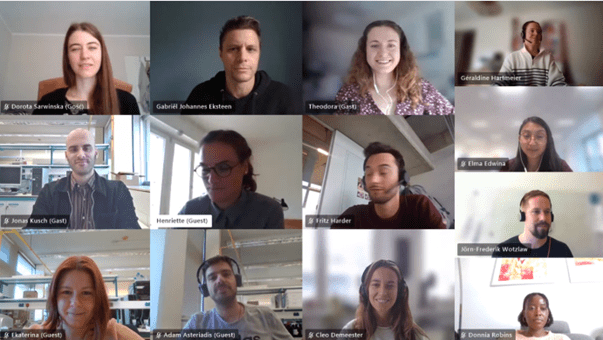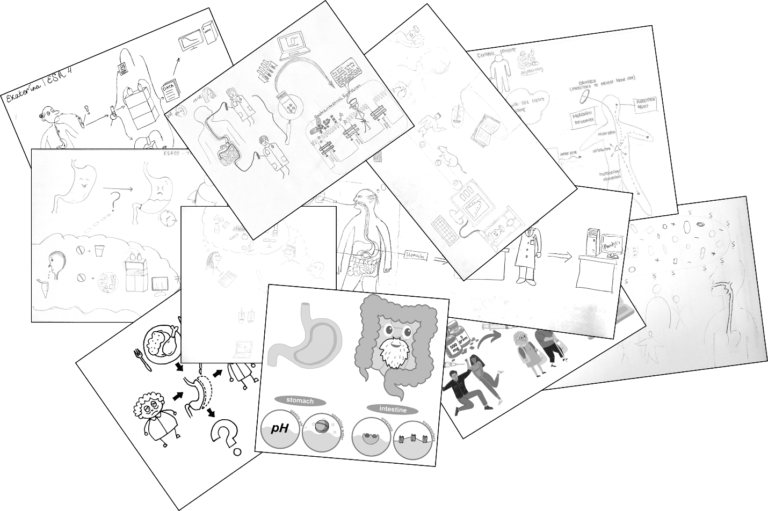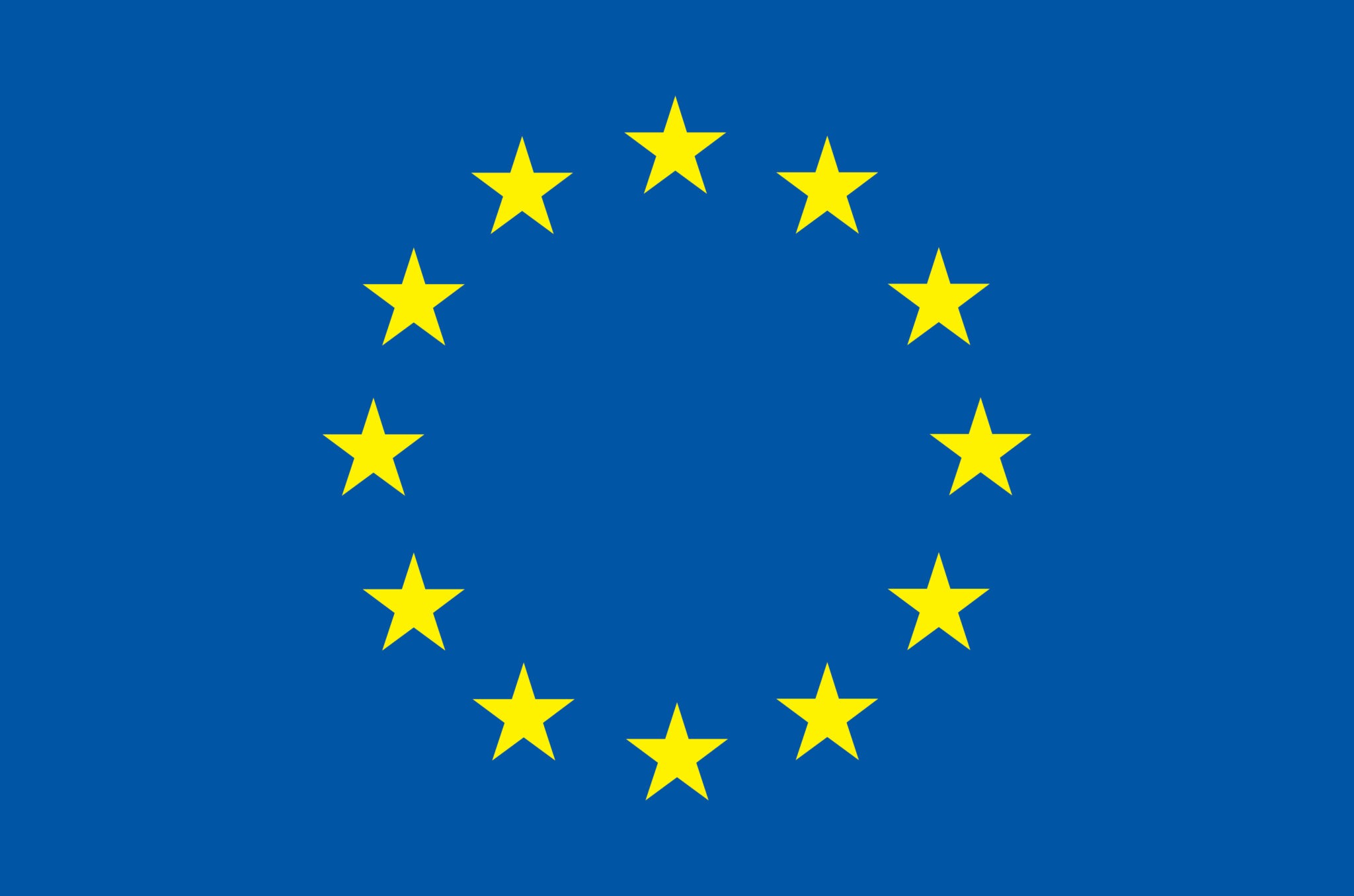Transferable skills - AGePOP ESRs get equipped
During the last few months, our AGePOP ESRs have acquired a brand-new toolbox of transferable skills. For our ESRs, working as PhD students requires both managing a research project and communicating about the (scientific) work they have done.
T
Project management can be seen as a puzzle consisting of five pieces, namely planning, tracking or monitoring, risk management, documentation or reporting as well as communication. For good planning, one must know who the stakeholders are, what the objectives are, and how key performance indicators are described. By defining distinct work packages, a complex and broad project can be broken down into manageable work pieces.
To efficiently plan their PhD projects, the ESRs were introduced to some handy tools and guided to prioritize their tasks by aptly classifying them according to their importance and urgency. From a time perspective, it is important to track whether milestones are reached as planned and whether deliverables are submitted as foreseen.
As no project comes without risks, project managers need to identify potential hazards and assess how likely they are to occur. A risk management plan should be in place to attempt to avoid and monitor their risks, but also to be ready with a mitigation plan if they do occur!
The next puzzle piece addressed during the training was documentation and reporting, both laying the foundation for good communication – the fifth and final component of research project management.
During another training day with accelopment, the AGePOP ESRs dug deeper into (science) communication together with Denise Diggelmann and Géraldine Hartmeier. First, they explored reasons why science communication is important, highlighting personal, societal and scientific benefits. The ESRs were introduced to five essential questions which serve as a basis for good (science) communication and can be used as a guide. The questions are: Why do you want to communicate? Who do you want to communicate with or to? What message do you want to convey? How will you clearly convey your message? And last but not least, how do you want to communicate?
Using their newly acquired skills, the AGePOP ESRs practised by describing their research projects to different audiences. However, words are not always enough and therefore, the power of visuals was highlighted during the training. Visualization can help to overcome different barriers such as knowledge, age, language, or culture. So why should it not be used by our AGePOP ESRs?
To sum up, the ESRs were equipped with new knowledge and tools to efficiently manage their complex and broad PhD projects and to improve communication with different audiences. These are skills that will be of great use for the ESRs not only during their PhD but also for future challenges they will face during their career.
We look forward to more news from our AGePOP ESRs 🙂


